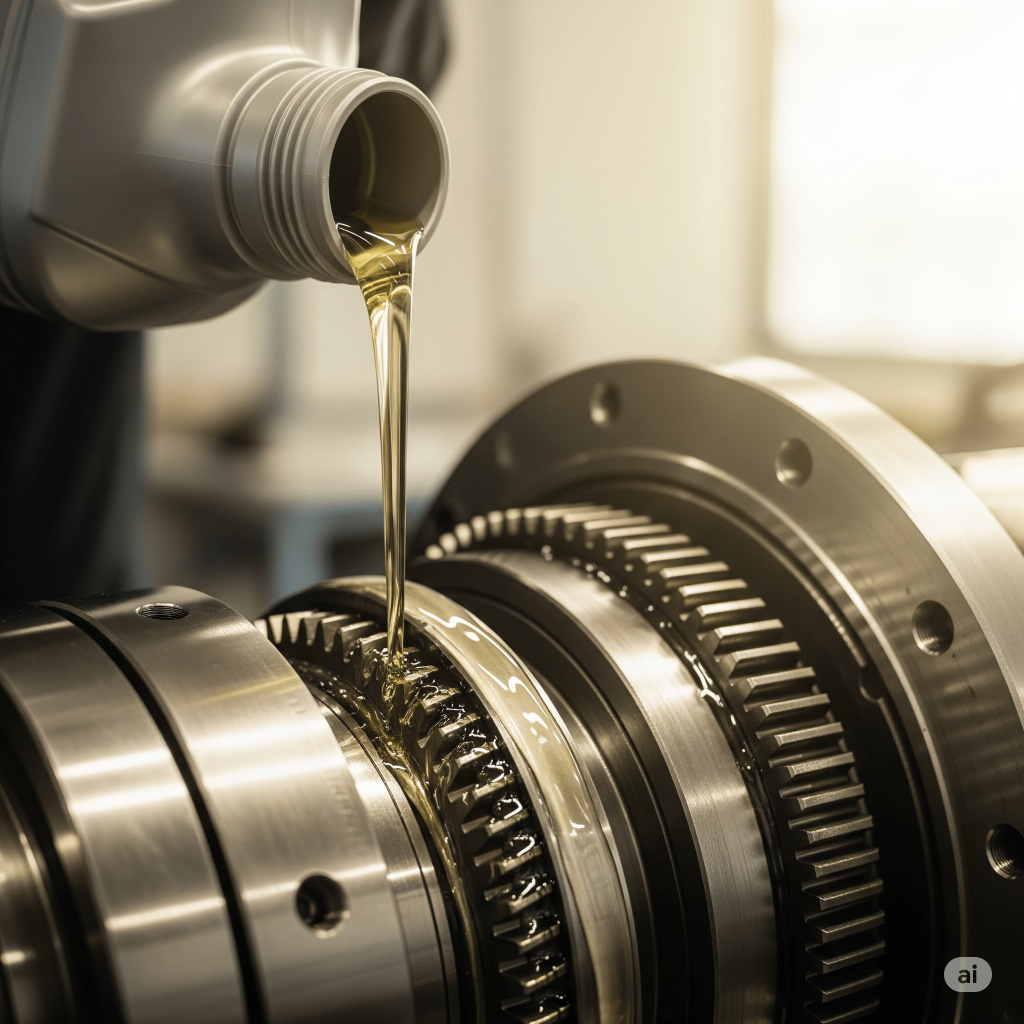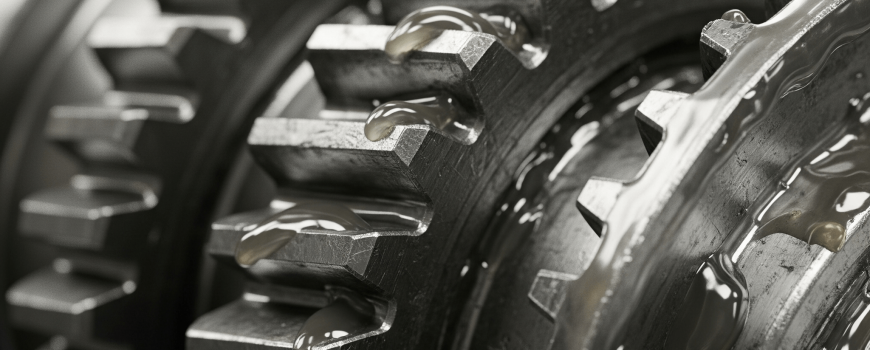In industries ranging from manufacturing and construction to marine and logistics, industrial equipment represents a significant investment. Whether it’s a hydraulic press, an excavator, a marine engine, or a conveyor system, keeping machinery in top shape is critical for safety, productivity, and profitability.
One of the most cost-effective and powerful tools for equipment longevity? Proper lubrication.
In this guide, we’ll explore how using the right industrial lubricants, and using them properly, can dramatically improve the performance and lifespan of your machinery. If you’re operating in Singapore’s hot, humid climate, these strategies become even more important.
Why Lubrication Matters for Industrial Equipment

Industrial equipment operates under extreme pressure, high temperatures, constant vibration, and often in dusty or humid conditions. These factors increase friction between moving parts and can lead to:
- Excessive wear and tear
- Premature part failure
- Increased energy consumption
- Heat buildup and equipment overheating
- Costly downtime and repairs
The right lubricant acts as a protective barrier between surfaces. It reduces metal-to-metal contact, disperses heat, prevents rust and corrosion, and ensures smooth, efficient operation.
Common Lubrication Problems in Industrial Settings
Before diving into best practices, let’s look at the most frequent lubrication-related issues that maintenance teams face in Singapore:
- Over-lubrication: Leads to heat retention, wasted product, and even seal damage.
- Under-lubrication: Accelerates wear and causes component failures.
- Wrong lubricant selection: Incompatibility can break down seals, cause foaming, or reduce viscosity under stress.
- Contamination: Water, dust, or metal particles degrade lubricant quality and damage parts.
- Lack of lubrication schedule: Inconsistent practices result in neglected components and unexpected breakdowns.
Each of these can shorten the lifespan of your equipment and lead to expensive disruptions.
6 Ways to Extend Equipment Life with Proper Lubrication
✅ 1. Use the Right Lubricant for the Application
There is no one-size-fits-all lubricant. Different equipment has different needs based on:
- Load
- Speed
- Temperature
- Environment
- Material compatibility
For example:
- Hydraulic systems require stable, anti-foaming hydraulic oils.
- Gearboxes demand EP (extreme pressure) gear oils to handle heavy torque.
- Bearings need long-life greases resistant to heat and moisture.
When choosing a lubrication supplier in Singapore, look for one that offers a full portfolio of application-specific products. At Turvo Oil, we supply hydraulic fluids, gear oils, compressor oils, metalworking fluids, and greases formulated for a variety of industries.
✅ 2. Stick to a Lubrication Schedule
Routine is everything. An effective preventive maintenance schedule ensures:
- Proper lubrication intervals based on operating hours
- Timely oil changes before degradation
- Inspection of seals, filters, and reservoirs
Digital tools and CMMS (computerized maintenance management systems) can help teams track lubrication cycles, inventory levels, and product usage.
Tip: Base your schedule not just on manufacturer recommendations but also on your operating conditions—for example, hot weather, dusty sites, or high workloads may require more frequent servicing.
✅ 3. Store and Handle Lubricants Correctly
Even the highest-quality lubricant becomes useless if it’s contaminated before use.
Best practices for storage:
- Store drums in a cool, dry, shaded area.
- Keep containers sealed and upright to prevent water entry.
- Use color-coded containers and dedicated dispensing tools to prevent mixing different lubricants.
Contaminated lubricants can cause abrasion, oxidation, or clogging in fine-tolerance systems like hydraulics or compressors.
✅ 4. Monitor Oil Condition with Sampling and Analysis
Oil analysis is a proactive way to evaluate the condition of your lubricants and equipment.
Benefits include:
- Detecting contamination (water, dirt, metal shavings)
- Monitoring additive depletion
- Identifying wear patterns and potential failures early
Regular oil sampling helps you extend lubricant life, optimize change intervals, and avoid unscheduled breakdowns.
We offer different kinds of after sales support regarding oil condition monitoring. Contact us to find out more.
✅ 5. Train Your Maintenance Team
Even with the best lubricants, performance depends on proper application. Train your team on:
- Choosing the right lubricant for each machine
- Identifying signs of lubricant failure (discoloration, noise, heat)
- Correctly greasing bearings and seals without overloading
- Reading data from oil analysis reports
When the team understands why lubrication matters, they’ll take more care in maintaining consistency and accuracy.
✅ 6. Choose a Reliable Lubricant Supplier in Singapore
You need more than a product. You need a partner.
An experienced industrial lubricant supplier should offer:
- Local stock and fast delivery
- Wide product selection for all equipment types
- Technical advice and on-site support
- ISO-compliant manufacturing standards
- Customised lubrication solutions
Turvo Oil, headquartered in Singapore (and recently expanded to Australia in 2025), specialises in industrial oils and greases that withstand our region’s demanding conditions. We work closely with manufacturers, workshops, and fleet operators to match the right products to the right applications.
What Happens When Lubrication Is Done Right?
Proper lubrication doesn’t just reduce downtime. It leads to:
- Extended equipment lifespan by 25–50% in many cases
- Lower maintenance costs
- Higher energy efficiency
- Safer operations with reduced risk of breakdowns or overheating
- Improved ROI on capital machinery
Final Thoughts
If you want your industrial equipment to go the distance, start with lubrication. It’s one of the simplest, most affordable ways to protect your assets and maintain smooth operations, especially in Singapore’s high-heat, high-humidity environment.
By using the right lubrication products, following a strict maintenance routine, and partnering with a trusted supplier, your business will benefit from longer equipment life, fewer breakdowns, and better overall performance.

